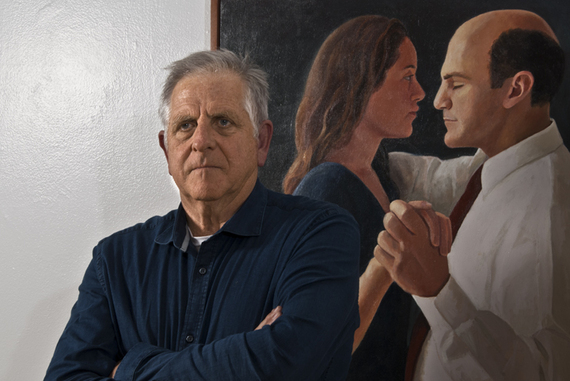Stop making health and well-being a moral issue
Applying a human moral construct to nature by dividing foods and lifestyles into good and bad is misleading. In reality, nothing in nature is either good or bad. For instance, our bodies need cholesterol for a variety of important purposes, while exercise and sports can be dangerous and even capable of ending our lives prematurely.
A recent study published in the BMJ concluded that replacing saturated with polyunsaturated fat in diet may not prolong life, contradicting decades of received medical wisdom. Curiously, this conclusion was not based on new data, but rather on a new interpretation of old data. At the same time, we are witnessing a growing trend towards the demonisation of sugar, with calls for a tax on sugary drinks.
The empirical evidence supporting the health benefits of drinking alcohol in moderation was largely ignored by the chief medical officer, Sally Davies, when she recently cut down the recommended daily limit. The press later revealed that the committee that had drafted the guidelines had close links with the modern temperance movement.
“Orthorexia nervosa”, an excessive preoccupation with “healthy” eating, has become a recognised clinical entity. Orthorexic patients apply moral qualities to their diet, developing in the process an affinity towards foods that are thought to improve health, and strong – even pathological – aversions against those foods that are believed to damage it. The emotions involved are so strong that patients will sometimes paradoxically compromise their nutrition in their quest for “the perfect diet”.
Product information in the supermarket shelves often includes moral claims, with labels such as “fair trade”, “be good to yourself” or “drink responsibly”.
We tend to attribute moral characteristics to food and lifestyle choices according to a perceived inverse correlation between pleasure and health. In this perverse “pleasure economy”, life can only be extended by renouncing and containing hedonism, just like the virtuous renounced all the pleasures of the flesh in order to access paradise in more religious times than ours.
In this way, a wholesome and unpleasurable diet, in conjunction with daily, and equally unpleasurable and strenuous exercise, will earn us the right to prolong our lives, while indulging in unearned and therefore illicit pleasure (such as alcohol, fats and sugar) will be punished with an early death.
 French temperance poster. Frédéric Christol
French temperance poster. Frédéric Christol
Nature doesn’t care about good and bad
Underpinning this moralistic approach is the idea of nature as a person with a moral code and a plan. It seems we have not fully accepted the mechanistic randomness of evolution and continue to attach a personal will to nature, as the successor of God in our secular society. In this context, we also see all things natural as good and man-made artifice as bad, ignoring the fact that illness and death are the most natural of events, often prevented by very artificial medical interventions.
In fact, nature (if it were a person) is only concerned with survival and reproduction. Indeed, we like fats and sugar precisely because the scarcity of high-calorie nutrition was the main threat to survival in pre-industrial societies. So it is nature that has programmed us to desire them, for the same reason it programmed us to like sex: having a desire for fats and sex helps with survival and reproduction. Good things are associated with pleasure precisely because they are good for us, while we associate bad and dangerous things with fear and pain.
Unfortunately, pleasure can also be problematic for survival when it can be experienced without any constraints or limits. When pleasure can be had constantly, the benefit that was originally associated with it and facilitated survival – in this case, the energy contained in fats and sugar – is cancelled.
Just as we feel the need to tame our sexual desires with moral rules in order to avoid social chaos, we also seem to have developed the need to moralise other pleasurable choices, now that our access to them has become too easy.
The fact is that, ultimately, nature does not really care much about our moral choices. Even the nutritionally virtuous will die one day, just like the rest of us.
This article was originally published on The Conversation. Read the original article.


